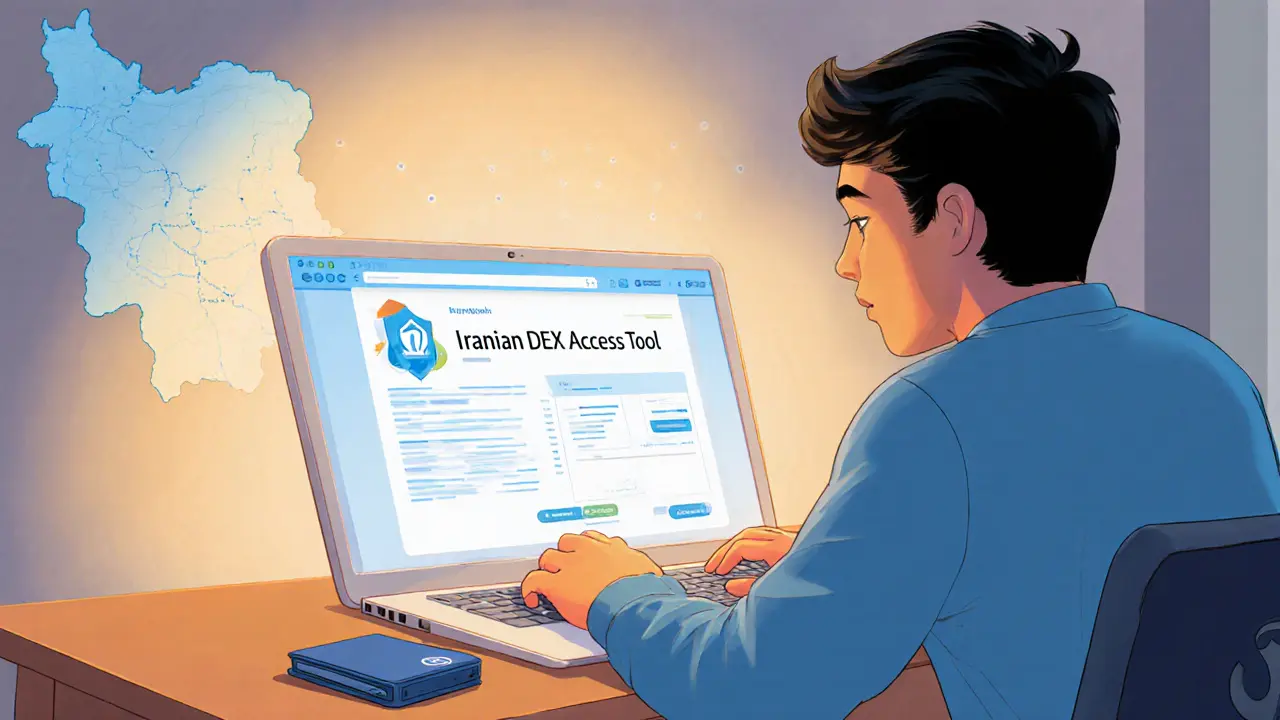When navigating Iranian cryptocurrency regulation, the official rules that govern crypto activities within Iran's borders. Also known as Iran crypto law, it shapes how exchanges, investors, and developers operate. In the same arena, cryptocurrency regulation, global frameworks that set licensing, AML, and consumer protection standards provide a reference point, while the Central Bank of Iran, the state authority that issues monetary policy and supervises digital asset services acts as the primary enforcer.
First, any crypto exchange that wishes to serve Iranian users must obtain a license from the Central Bank. The licensing process demands proof of robust AML/KYC procedures, audited financial statements, and a minimum capital reserve. Without this approval, operating a platform is considered illegal and can trigger fines or asset seizure. Second, the tax code treats cryptocurrency gains as taxable income, meaning both individuals and businesses must report profits on their annual filings. The tax rate aligns with the standard income brackets, and failure to declare can attract penalties up to 30% of the undeclared amount.
Third, DeFi protocols face additional scrutiny because they often lack a clear legal entity. The regulator expects any service that offers lending, staking, or yield farming to register as a financial institution and to disclose tokenomics transparently. This requirement tries to prevent unregistered token sales and protect investors from hidden risks. Finally, token issuers planning an initial coin offering (ICO) or token listing must submit a white‑paper review, ensuring the project does not violate sanctions or promote illicit activities.
These pillars mirror trends seen in other jurisdictions. For example, India’s crypto policy also emphasizes exchange licensing and tax reporting, while Australia recently introduced consumer protection laws that mandate clear disclosure of fees and risk. Egypt, despite a full ban, still tracks millions of holders, highlighting enforcement challenges that Iran may also encounter. By comparing these regimes, stakeholders can spot common compliance threads and anticipate how Iran might tighten or relax its rules.
Enforcement in Iran is both administrative and punitive. The Central Bank collaborates with the Financial Intelligence Unit to monitor suspicious transactions, using blockchain analytics to trace flows across borders. Penalties range from warning letters to the suspension of banking services for non‑compliant entities. For individual traders, unauthorized trading can lead to account freezing and possible criminal charges. Therefore, maintaining a clear audit trail and keeping records of every transaction is essential for risk mitigation.
The future of Iranian cryptocurrency regulation appears dynamic. Recent statements from senior officials suggest a possible shift toward embracing blockchain for cross‑border payments, provided strict AML standards are met. If the government introduces a sandbox environment, startups could test innovative products under regulatory supervision, similar to Malta’s “Blockchain Island” model. Watching policy updates will help businesses decide whether to invest in compliance infrastructure now or wait for clearer guidance.
Practically, firms should start by registering with the Central Bank’s digital asset division, implementing real‑time KYC checks, and integrating blockchain analytics tools that flag high‑risk addresses. Maintaining a dedicated compliance officer, conducting quarterly internal audits, and staying updated on tax law amendments will keep operations within legal boundaries. Early adoption of these best practices not only avoids fines but also builds trust with users who increasingly demand transparency.
Below you’ll find a curated collection of articles that break down each aspect of Iranian cryptocurrency regulation in detail. From step‑by‑step licensing guides to tax reporting templates and comparative analyses with other countries, the posts provide actionable insights you can apply right away. Dive in to see how the rules affect exchanges, DeFi platforms, and individual investors, and stay ahead of any regulatory changes that could impact your crypto journey.

A 2025 guide showing Iranian citizens how to access decentralized exchanges, covering regulations, VPN tricks, best DEX choices, risks, and practical tips.